I personally do not use sunscreen – at least not chemicalcoctails. They are slow kill. I do not either use sunglasses because the pigment regulations etc is adjusted via the eyes. I do cover myself with shades and clothing though.
Are You Deficient In Vitamin D? – TRULY HEAL
Mirrored article just in case:
Are You Deficient In Vitamin D?
Written by
Deborah Freudenmann BHSc
Vitamin D deficiency is a global public health issue. It is estimated that nearly 3 billion people suffer from vitamin D deficiency across the world, while 50% of the population has vitamin D insufficiency. Around 75-80% of Americans are deficient in this important vitamin!
With the discovery of vitamin D receptors in tissues other than the gut and bone—especially the brain, breast, prostate, and lymphocytes—and the recent research suggesting that higher vitamin D levels provide protection from various diseases. Including diseases such as diabetes mellitus, osteoporosis, osteoarthritis, hypertension, cardiovascular disease, metabolic syndrome, depression, several autoimmune diseases, and cancers of the breast, prostate, and colon, we can now utilize vitamin D for a wider range of preventive and therapeutic applications to maintain and improve our patients’ health.
The exposure to sunlight is considered the most efficient way to ensure the body is not deprived of this nutrient. Sunlight is not just some wavelengths of light hitting our body, it also acts as a signalling molecule and triggers several crucial processes in the body including the synthesis of vitamin D. More than 90% of systemic Vitamin D originates from the skin and around 10% from food intake.
What different forms of vitamin D?
Vitamin D3 (cholecalciferol) is the form of vitamin D produced in the skin and consumed in the diet. Vitamin D2 (ergocalciferol), which is produced by irradiating fungi, is much less efficient as a precursor to the biologically active 1,25-dihydroxyvitamin D (calcitriol). Therefore, cholecalciferol is the preferred form in supplementation.
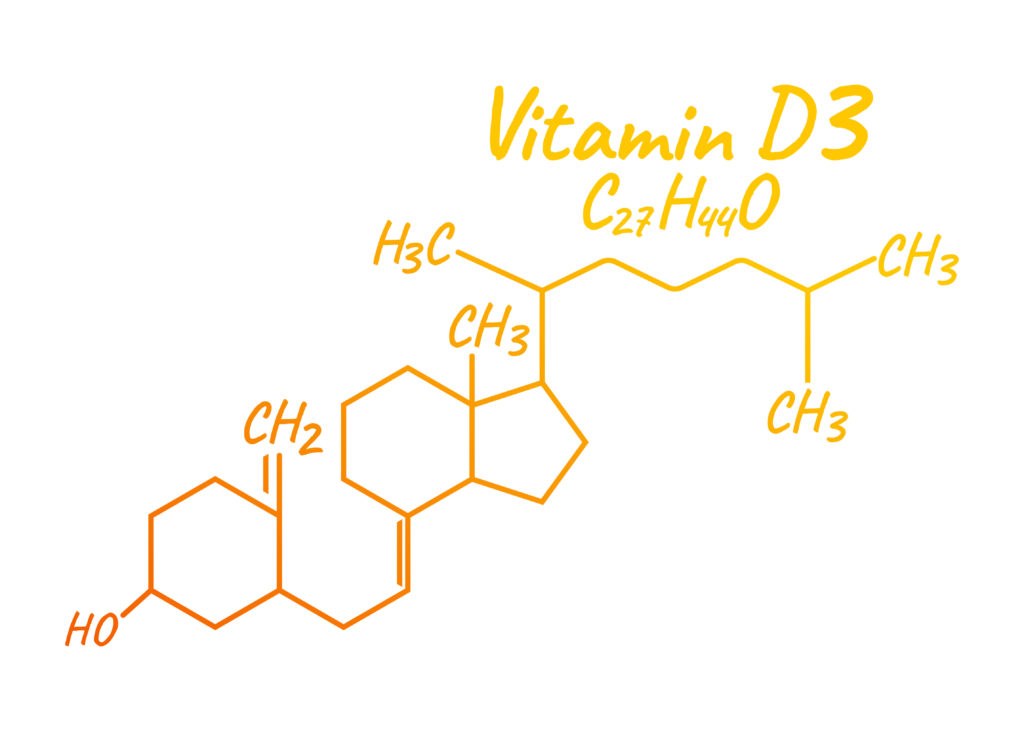
Factors causing inadequate vitamin D levels
Inadequate sun exposure
Sunlight forms an essential factor needed for triggering the chain of events that occur during the secretion of vitamin D in the skin. Inadequate exposure to sunlight due to staying indoors for several weeks or months can reduce vitamin D synthesis in the skin.
Sunlight exposure is also greatly depending on season, country and skin coverage with clothes.
Sunscreen use
Excessive use of sunscreen may prevent the entry of beneficial wavelengths of the sun rays into the deeper layers of the skin due to which the vitamin D synthesis can get affected.
Insufficient intake in the diet
Vitamin D can also be obtained via the diet and therefore lack of Vitamin D rich foods can also play a role in deficiencies. The best food sources of vitamin D are egg yolks, mushrooms, fatty fish, liver, and grass-fed cheese and butter.
This also suggests why vitamin D deficiency tends to be more common in vegetarians and vegans. It is advisable to include the vegetarian sources of vitamin D in the diet or use vitamin D supplements in order to avoid the deficiency of this nutrient in vegans and vegetarians.
Underlying liver & kidney pathology
Patients who suffer from liver or kidneys disorders are likely to develop vitamin D deficiency. The inefficient functioning of these vital organs can hamper the normal physiological processes involved in vitamin D synthesis and thus, lead to the deficiency in spite of adequate dietary intake and sun exposure.
Malabsorption conditions
Patients who suffer from digestive issues that cause malabsorption of food in the intestine such as celiac disease, inflammatory bowel diseases, or pancreatic insufficiency are likely to develop vitamin D deficiency.
These diseases can reduce the absorption of calcium in the body due to which vitamin D would remain under-utilised. As a result, the patients may develop signs of vitamin D deficiency.
Subclinical deficiencies
Deficiency of other nutrients like calcium, magnesium, and vitamin K can also occur in patients with vitamin D deficiency due to the common causes they share such as poor nutrition and malabsorption syndrome.
Side effects of medications
Certain medications like corticosteroids and anti-seizure drugs can interfere with vitamin D synthesis resulting in the deficiency of this nutrient.
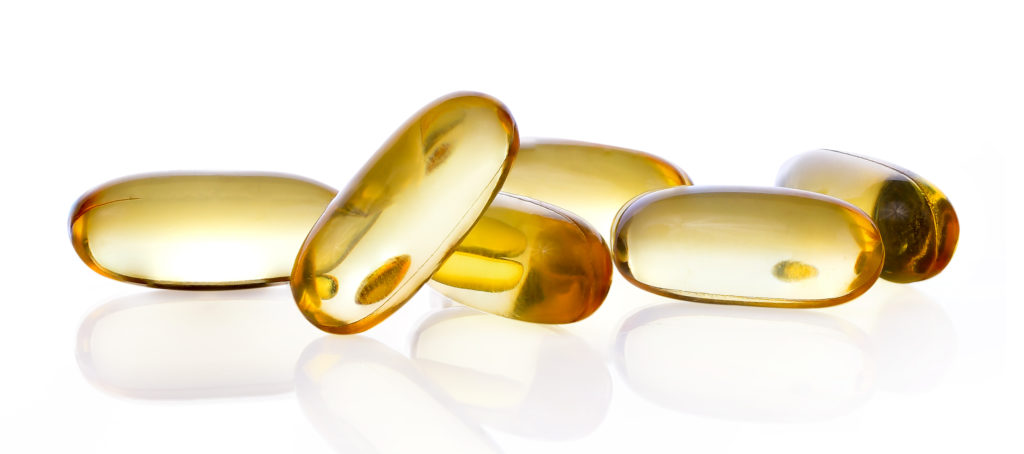
Why is Vitamin D so important?
Vitamin D plays a crucial role in many body functions and therefore in overall health and well-being.
Vitamin D plays a central role in modulating your immune system, muscle function, cardiovascular and respiratory health as well as brain development. Once activated, Vitamin D works by managing calcium in your blood, bones and gut.
Benefits of Vitamin D
- Immunoregulatory as manifested by its ability to reduce inflammation
- Modulates neurotransmitters and therefore has antidepressant and anti-convulsant benefits
- Suppress and/or prevent certain autoimmune diseases
- Reduce the risk of cancer development
- Reduce the severity and frequency of infectious diseases, such as pneumonia and influenza
- Promotes bone health
- Prevents cognitive decline
- Reduces musculoskeletal pain
- Prevents endometriosis and PCOS
- Improves chronic fatigue
- Reduces suffering by alleviating the morbidity and mortality associated with hypertension, epilepsy, migraine, diabetes, and cardiovascular disease
- Overall supports general health
Vitamin D and the Immune system
D3 is an immunomodulator targeting various immune cells, including monocytes, macrophages, dendritic cells, as well as T-lymphocytes and B-lymphocytes. Several epidemiological studies have linked inadequate vitamin D levels to a higher susceptibility of immune-mediated disorders including chronic infections and autoimmune diseases.

What happens if your deficient?
Failure to meet physiologic needs creates insufficiency/deficiency and results in subtle yet widespread disturbances in cellular function. In turn this can promote the development or manifestation of long-latency deficiency diseases such as osteoporosis, cardiovascular disease, hypertension, cancer, depression, epilepsy, type 1 diabetes, insulin resistance, autoimmune disease, migraine, polycystic ovary syndrome, and musculoskeletal pain.
What are optimal Vitamin D levels?
Based on our review of the literature, the optimal—“sufficient and safe”—range for 25(OH)D correlates with serum levels of 40–65 ng/mL (100–160 nmol/L) Several authors so even go up to 40–100 ng/mL (100–250 nmol/L) as a safe range. These higher values are often advised for diseases such as MS.
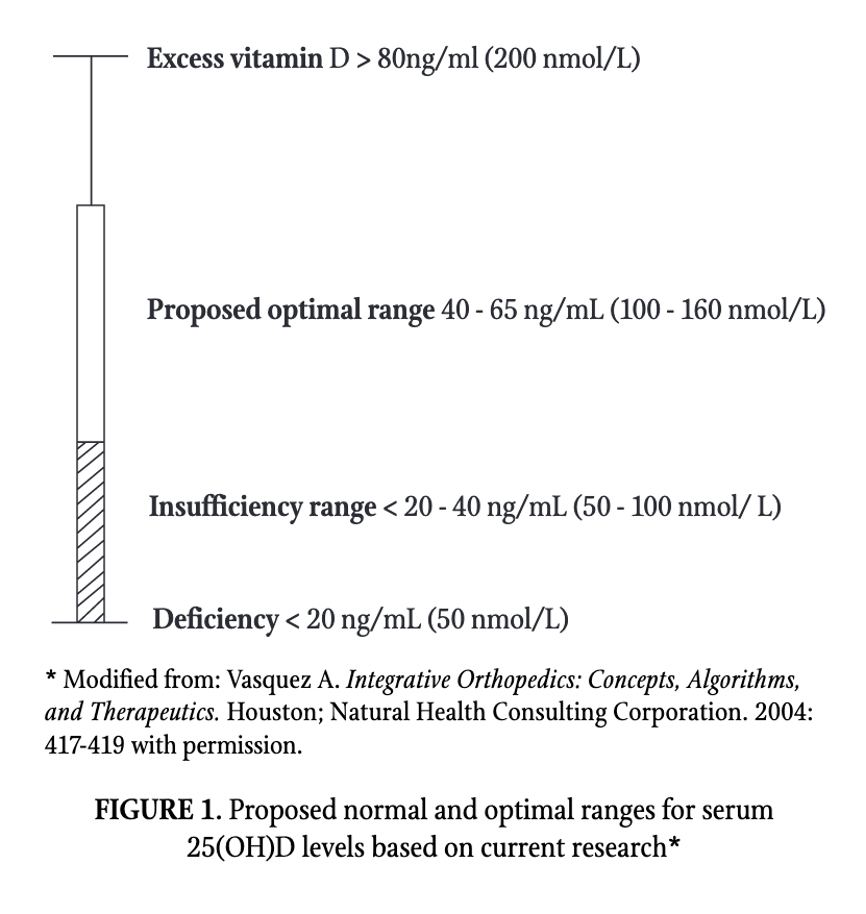
Years ago, people spent much more time outdoors yet today we see an entirely different situation. Especially with children, most of them spend unprecedented hours inside — watching television, playing games and glued to the internet.
Why is sunshine such an important part of this equation? Not only for your vitamin D levels but also in creating overall health and wellbeing.
A few of our favourites below
Click here if you want to find yourself a good quality Vitamin D supplement.
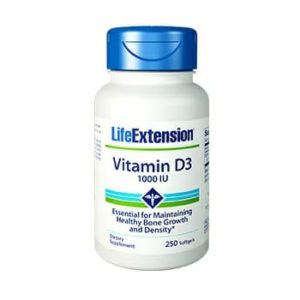
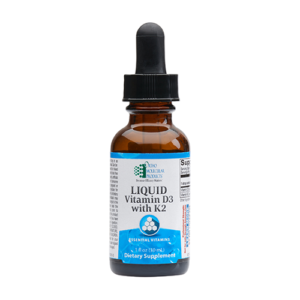
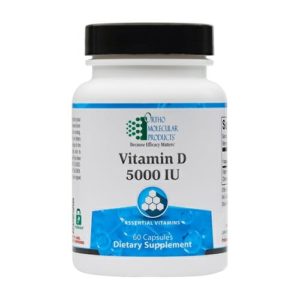
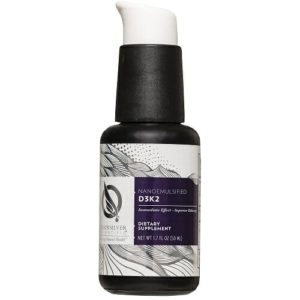
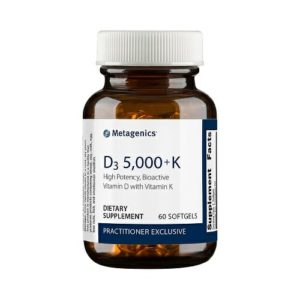
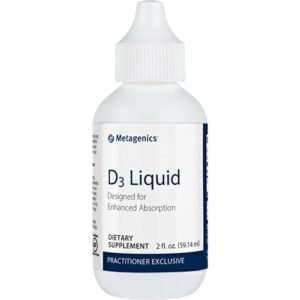
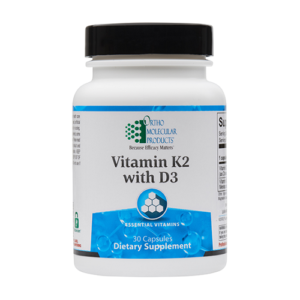






The role of sunlight in human health
Sunlight is best known for increasing serum levels of vitamin D. However, the benefits of sun exposure are not limited to promoting vitamin D synthesis. It has several other lesser-known benefits as explained below.
Maintains hormonal balance
Exposure to sunlight could help to maintain the balance of hormones in the body. It would increase the secretion of endorphins, dopamine, and serotonin. These are the feel-good hormones that play a key role in improving mood and preventing depression.
Supports melatonin secretion at night
Sunlight exposure would lessen the secretion of melatonin during the daytime and trigger it again in the evening hours once darkness approaches. This is how exposure to sunlight during the daytime would regulate the melatonin production and help you sleep well at night.
The reduced production of melatonin during the daytime would also enhance your level of alertness and improve your daytime productivity.
Thus, sunlight exposure would govern the circadian rhythm and restore a healthy sleep-wake routine by creating beneficial hormesis in the body.
Raises nitric oxide
Exposure to sunlight would increase the level of nitric oxide in the body. Nitric oxide can create a natural vasodilator effect and thus, reduce your blood pressure. This is why; exposure to sunlight for a very short duration every day is recommended for patients with hypertension.
Regulates sirtuins
Sunlight exposure might help to regulate the activities of sirtuins, a type of protein that can regulate cellular homeostasis. This would promote homeostasis thus keeping the cellular functions in balance.
Also, sirtuins can function only in the presence of NAD+ (nicotinamide adenine dinucleotide), a critical coenzyme involved in several metabolic processes. Sunlight exposure would also promote the secretion of NAD+ thereby promoting metabolic functions and supporting the activities of sirtuins.
Promotes antioxidant defense
Sunlight exposure is recommended for promoting the body’s natural antioxidant defenses. It would also activate the other natural defense mechanisms of the body like autophagy and apoptosis thus protecting you against the risk of cancer, infections, and autoimmune disorders.
Helps ATP production
Sunlight exposure can help the body produce energy in the form of ATPs more efficiently allowing you to feel fresh and energetic all day long.

Conclusion
The best and natural way to increase your Vitamin D levels is sunlight, however for many people, supplementation may be necessary to increase their levels of vitamin D to optimal levels. Vitamin D plays a central role in modulating your immune system, muscle function, cardiovascular and respiratory health as well as brain development. Sunlight on the other hand, does more than just promoting vitamin D synthesis. It affects several other fundamental processes in the body. This marks the need to ensure you receive adequate sunlight exposure for protecting yourself against disease development.